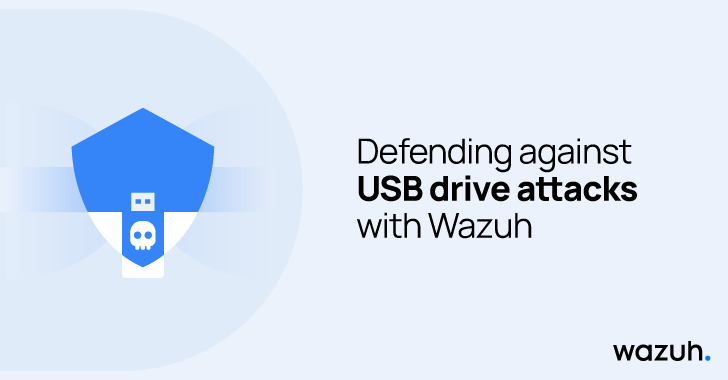USB drive attacks constitute a significant cybersecurity risk, taking advantage of the everyday use of USB devices to deliver malware and circumvent traditional network security measures. These attacks lead to data breaches, financial losses, and operational disruptions, with lasting impacts on an organization’s reputation. An example is the Stuxnet worm discovered in 2010, a malware designed to

- March 5, 2025
- by Francis Schmuff
- Cyber News
- Less than a minute
- 85 Views
Related Post
- by Francis Schmuff
- June 6, 2025
Friday Squid Blogging: Squid Run in Southern New
Southern New England is having the best squid run in years. As usual, you can also use this squid post
- by Francis Schmuff
- June 6, 2025
Hearing on the Federal Government and AI
On Thursday I testified before the House Committee on Oversight and Government Reform at a hearing titled “The Federal Government
- by Francis Schmuff
- June 6, 2025
New Atomic macOS Stealer Campaign Exploits ClickFix to
Cybersecurity researchers are alerting to a new malware campaign that employs the ClickFix social engineering tactic to trick users into
- by Francis Schmuff
- June 6, 2025
Report on the Malicious Uses of AI
OpenAI just published its annual report on malicious uses of AI. By using AI as a force multiplier for our



